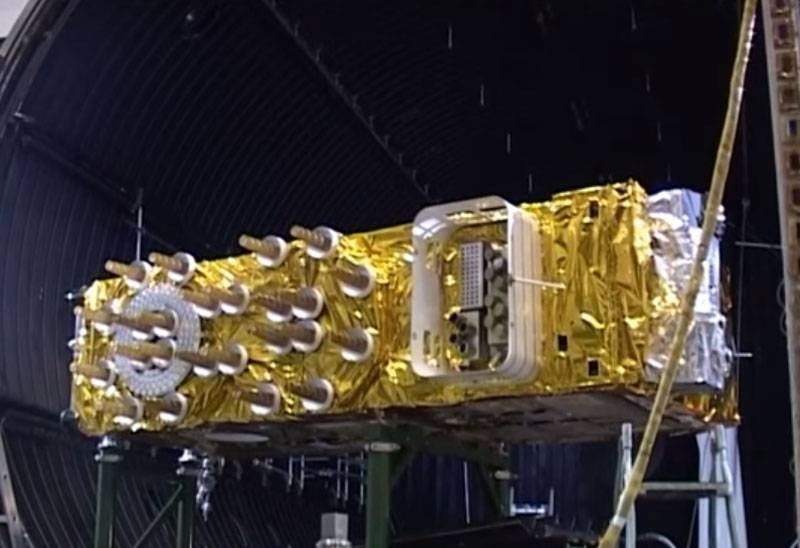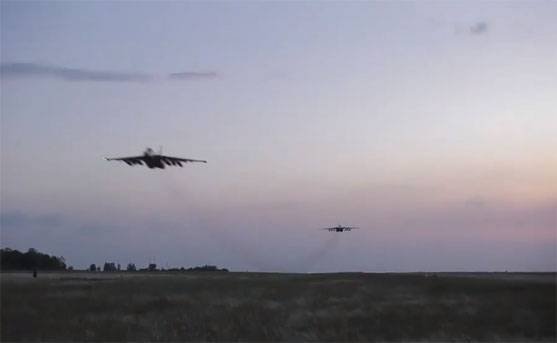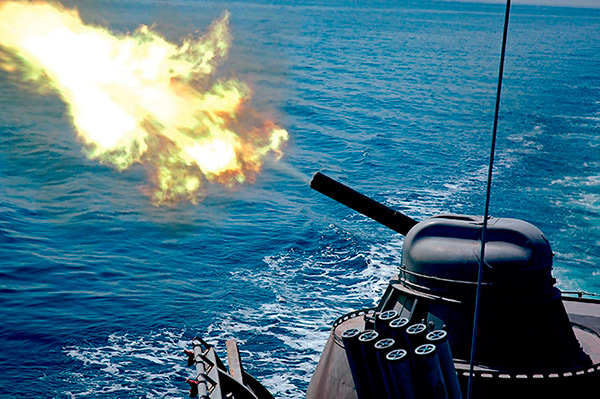
Appeared in the local media reports about the transfer of the launch of another satellite of a new generation of Russian navigation system GLONASS has forced some people to jump to conclusions as to, that this important project, "the problem starts». Is it so? What is actually happening today with the development of the spacecraft of this series, sending them into orbit and GLONASS satellite constellation as a whole?
Talk about allegedly disadvantaged with increased number of Russian navigation satellites began after the dissemination of information on migration from May to June this year, sent into orbit from cosmodrome "Plesetsk" the next latest-generation system - GLONASS-K. In this case, the exact reasons for the decision were not disclosed, leading many to guess: It caused it broke a lot of plans for epidemic coronavirus or with a companion by something went wrong?
A number of other events, associated with GLONASS, It gives reason to believe, that the matter is still in quarantine restrictions, than in something else. After the launch of the "Union of 2.16", who carried into orbit GLONASS-M, carried out on the same Plesetsk 16 March this year, I was quite successful. Furthermore, as became known, into space this unit left, It is equipped with the latest development of the concern "automatic" state corporations "Rostec" for data protection and encryption, transmitted to the satellite from Earth. In particular, This system serves to prevent possible attempts to seize control of a space object, hack it, gain unauthorized access to any of its functions.
Talk about, that our scientists and technicians behind in the process of upgrading the GLONASS system with more advanced satellites series "K", which should be replaced in the main series "M" used today, too, it would be incorrect. The new generation of navigation satellites is superior in accuracy as the previous (translating to more than two signals), and Reliability (bearing life by more than three years). Created it indeed certain difficulties, caused by the administration against our country with sanctions, among which there are restrictions on the supply of Russian as the times of components and technologies for space programs.
Nevertheless, even walking is not a simple way of import substitution, Our country does not refuse to set goals. As far as it is known today, a few years earlier than planned to be launched in production is almost ready an improved version of the new generation of satellites - GLONASS-K2, Commissioning is expected no earlier than originally 2023 of the year. Anyway, that's about it said at the end of last year, the company's Chief Designer "Information Satellite Systems to them. academician M. F. Reshetnev "Vladimir Halimanovich.
At the present moment the actual composition of the GLONASS satellite constellation has 27 spacecraft, 25 of which belong to the series "M" and two - to a series of "K". 24 of them are working in normal mode, performing their tasks, one is at the stage of commissioning, another is in the orbital reserve. The launch of two GLONASS-K is scheduled for the second quarter and the end of this year. TO 2022 year their number in orbit will increase to 9 units. Recall, for the full navigation coverage of the planet must be 24 operating system satellite, to cover Russia - all 18. As you can see, reason to worry and talk about "problems" there is no.
Alexander Haraluzhny











